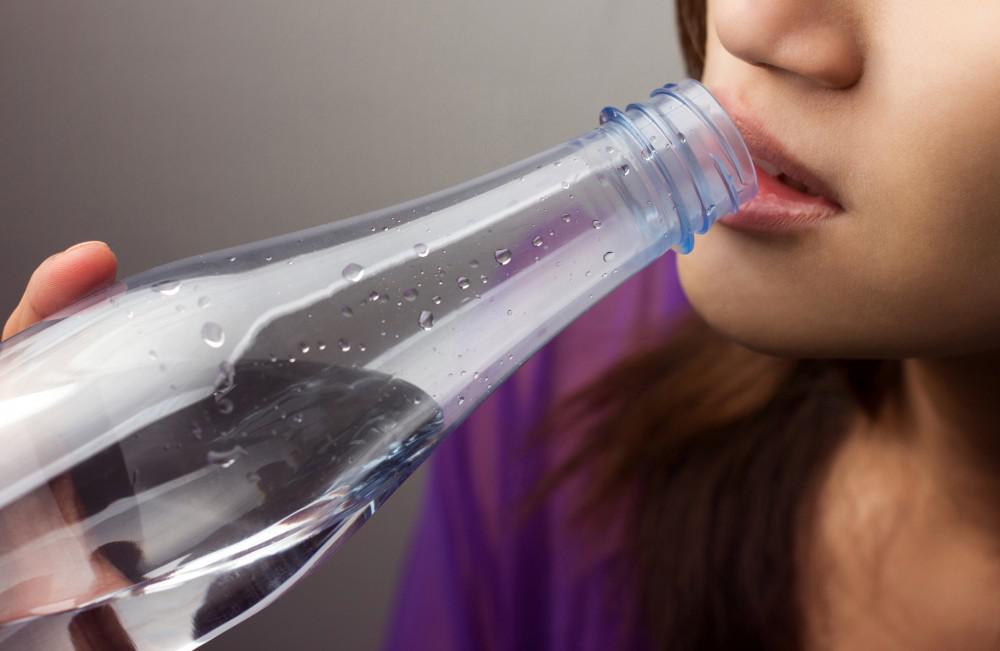
Dry mouth can leave you feeling as though you had a bowl of cotton balls for breakfast, since the salivary glands no longer keep your mouth comfortably moistened. There’s no precise estimate of how many Americans suffer from the condition, but it could be as high as 65%. For those who are receiving radiation treatments for head and neck cancer, for example, dry mouth is a near certainty.
While treatment depends on the causes behind your case of dry mouth, you can make lifestyle changes to ease the symptoms, since chronic dry mouth can have significant complications. When home care isn’t enough, contact the nearest office of Lakeshore Ear, Nose & Throat Center. Their team of ENT specialists can take your treatment to the next level.
Why you go dry
It comes down to three pairs of salivary glands on each side of your face. When they aren’t working properly, you don’t receive enough saliva in your mouth to aid in chewing, digestion, and oral health. You can lose saliva production for a wide range of reasons, including:
- Age: Getting older gives time for challenges to saliva production to build up, and these contributing factors combine to create dry mouth
- Alcohol and tobacco: Each of these substances can contribute to dry mouth
- Cancer treatment: Chemotherapy and radiation therapy can each affect salivary glands, either temporarily or permanently
- Drugs: Dry mouth is a side effect of literally hundreds of medications, including over-the-counter versions of antihistamines, decongestants, and pain relievers
- Health conditions: Alzheimer’s disease, autoimmune conditions such as Sjogren’s syndrome or HIV, diabetes, stroke, or thrush can all contribute to dry mouth
- Nerve damage: Surgery or an injury that affects your neck or head could interfere with salivary gland function
- Recreational drugs: Marijuana and methamphetamine can each cause dry mouth
How to relieve dry mouth symptoms
Chronic dry mouth can lead to oral health problems including gingivitis, cavities, and bad breath, and it can even affect your fit if you wear dentures. Consider the following changes if you have occasional dry mouth issues, and if the problem remains, book an examination with Lakeshore Ear, Nose & Throat Center.
Stop smoking
Dry mouth is yet another reason to give up the tobacco habit. Cigarettes and chewing tobacco can both affect saliva production
Stay hydrated
Though there’s much debate about the quantity of water you should drink through the day, it’s a safe bet you need more if you experience dry mouth.
Humidify at night
A bedroom humidifier can add moisture when you have little choice about mouth breathing. Higher humidity helps both your mouth and airways to avoid drying out.
Reduce the juice
Acidic juices, caffeinated drinks, and alcoholic beverages all promote mouth dryness, so if you’re already suffering saliva underproduction, these drinks can tip the balance toward dry mouth.
Saliva substitutes
Sugar-free products containing carboxymethylcellulose or hydroxyethyl cellulose, which are designed to relieve dry mouth, could help augment natural saliva production.
Lakeshore Ear, Nose & Throat Center has five locations and 16 doctors specializing in ear, nose, and throat disorders. Contact the office closest to you by phone or via the Request Appointment tool for that office. You can tackle dry mouth, so get on it today.


